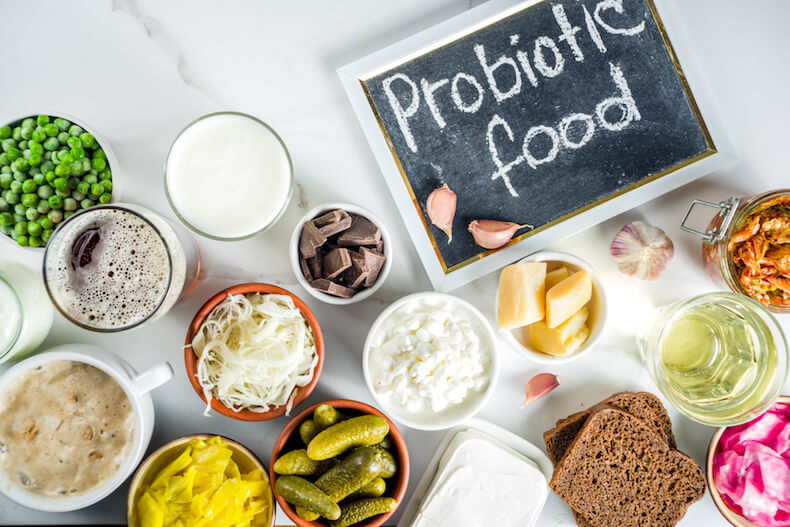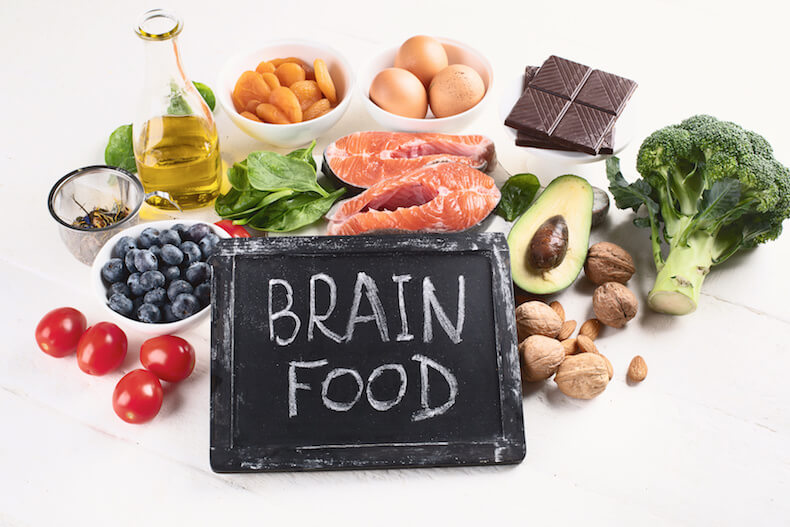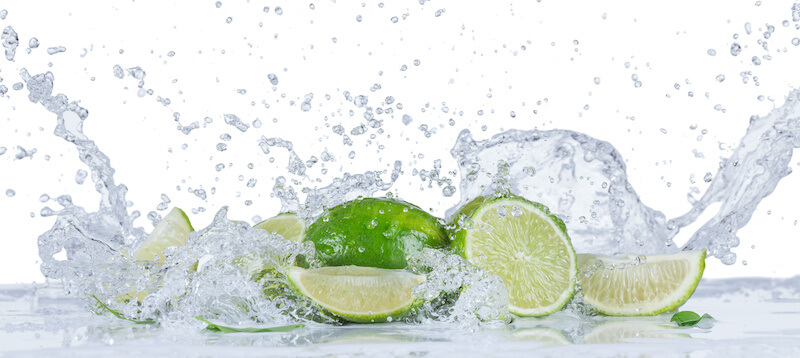After six months of homeschool and two days back at school, my 9 year old put in an impressive 90 minutes of homework last night… developing a cough.
“I have a cough Mummy. EHH… KKHHH.. KKUHGH… I will need to quarantine for two weeks at home,” he announced. This was all accompanied by a lot of grunting, like he was trying to swallow a rubber.
I resorted to the first line in my ‘Differential Diagnosis’ manual and recommended he take a spoonful of honey and go to bed early. This provoked an immediate recovery much to everyone’s relief. Of course, the symptoms just happened to coincide with the launch of a new season on his Xbox. Enough said!
The whole ‘back to school’ is extra challenging for teachers and parents this year. September is the start of cold and flu season and now we have Covid-19 to contend with. With everyone on high alert for Covid-19 symptoms, how do you differentiate between these and an ordinary cough and cold? The answer is you can’t easily, especially with diarrhoea and vomiting now also reported as a Covid symptom in children. These symptoms are all part and parcel of school life at this time of year.
While we sadly can’t magic Covid-19 away, we can build our natural defences to benefit our overall physical, emotional and mental wellbeing.

Prevention is Better than Cure
We all need to do as much as we can to build our immune defences to protect our community and bubbles. There is only so much that the Government, the NHS and our schools can do. Ultimately, everyone has to take more responsibility for their own health and I wish this message of self-care was integrated more into Government strategy. There needs to be a more preventative national health policy, one that extends beyond hand washing, mask wearing and social distancing. There are some early steps to address the UK’s high obesity levels evidenced in higher Covid complications and death rates. Again, however, making more gastric band surgery available on the NHS isn’t the solution, let’s do more to prevent obesity.

Back to School Basics: Ways to Strengthen your Immune System
As well as protecting yourself from viruses on the outside, you can build up your body’s defences from the inside by strengthening your immune system. What you eat is pivotal to this as 70% of your immune system is in your gut. Here are some tips:
- Make sure your diet is as varied as possible. Variety and balance are integral to optimal health and building up your immune system. So don’t go crazy for one fruit or vegetable that is particularly high in a certain nutrient. Aim to have 5-7 different plants a day at a ratio of 1 fruit for every 4 vegetables ideally. Ensure you have more vegetables than fruits, go for a rainbow of colours on the plate. The more varied your diet, the more you feed the good bacteria in your gut microbiome – your natural defence system. You are also more likely to get the full spectrum of nutrients and micronutrients that you need.
- Eat foods which contain microbiome-enriching good bacteria such as kefir, natural bio yoghurt, certain cheeses and fermented foods. For a more in-depth analysis as to the important role of probiotics in strengthening our immune system click here. There is also a list of good bacteria-friendly foods.

- Get outdoors and into nature wherever possible: sunlight is an important natural source of Vitamin D and environmental microbiota make your gut bacteria happy! I recently reported on new study that suggests your gut microbiota may actually be fuelling your desire for nature.
- Keep an eye on your Zinc levels. This mineral helps develop white blood cells, the immune cells that fight off foreign bacteria and viruses. Zinc also helps protect the mucous membranes that coat the nose, throat, lungs and digestive tract – the entry points for Covid-19. I especially look out for zinc deficiency around puberty as Zinc is involved in numerous aspects of cellular metabolism that influence growth and maturation. Puberty pulls on your Zinc reserves more. Look out for possible signs of deficiency: white spots on the nails, spotty skin, acne, constipation, IBS, obsessive or stuck behaviour, and a more ‘glass half empty’ outlook.
As well as being important for respiratory and gut health, Zinc is also an important mineral for your brain; Zinc deficiency is often implicated in my cognitive health and depression cases. If you supplement with Zinc it is best to choose a supplement such as Cytoplan’s Zinc & Copper; Zinc and Copper compete for the same absorption sites and too much of one can deplete the other. Similarly, ensure you get sufficient iron from natural food sources such as lean meat, spinach, lentils, apricots and eggs. Natural food sources high in zinc are oysters and shellfish, lean meat, pumpkin and other seeds.

- Watch your Vitamin D levels as this vitamin plays an important role in immune function. It is a common deficiency in the UK. Scientists are considering vitamin D supplementation as a preventive or therapeutic agent for severe COVID-19. They are researching Vitamin D deficiency as a possible risk factor. The body creates vitamin D from direct sunlight on the skin when outdoors. I recommend supplementation if you have dark skin which absorbs sunlight less easily or if you don’t get enough sunlight from October to March. Good natural food sources otherwise include: oily fish (salmon, trout, sardines, mackerel, herring, tuna and anchovies) and egg yolks.
- Oily fish is important for brain and heart health. It is rich in omega-3 polyunsaturated fatty acids, which have been shown to reduce inflammation.

- Vitamin C is water-soluble: you don’t store it in your body and so you need to factor this into your daily diet. It is a common supplement but I encourage clients to get their Vitamin C in natural food sources. Bioflavonoids naturally accompany vitamin C in fruit and vegetables. Vitamin C contributes to normal immune system function, and, as an antioxidant, the protection of cells from oxidative stress. It’s also important for bone and tooth formation, collagen production, Iodine conservation, wound healing , red blood cell formation, and infection resistance. Natural food sources include citrus fruits, kiwi fruit, Honeydew melon, potatoes, green peppers, broccoli, papayas, strawberries, rosehips, blackcurrants and tomatoes.
Do I Need to Supplement?
Nutrient shortfalls are caused by a number of different factors. Most people aren’t getting the essential nutrients they need for health and protection on a daily basis.
The following contribute to the nutritional ‘bank balance’ of our bodies and need to be factored into the equation:
- Individual food choices
- Food growing, processing and preparation methods
- The actual nutrient content of the food you eat
- The ability of you body to assimilate these nutrients
- Lifestyle factors, such as stress and medications etc.
- Activity levels and energy-expenditure
- Certain life-stages, e,g. puberty where there is increased hormonal activity and growth
It isn’t always easy to determine what your child is eating in school dinners. And, a lot of school pack lunches lack the important variety factor so essential for good health. That’s when supplementation may be helpful.
Nutri-Bears is a good all-round wholefood supplement for primary school children who are fussy-eaters. For teenagers and young adults, Little People is a good option if you are looking for an additional layer of baseline support during the colder months.
All products referenced are available at www.cytoplan.co.uk. They supply science-based Food State and Wholefood nutritional supplements.
Please note that supplements aren’t a substitute for a healthy, varied diet. Keep introducing new plants and wholefoods to the mix and have fun experimenting with different textures and flavours. This really is the best recipe for optimum health.
If you have an underlying health condition or are on medication, I will be happy to provide more tailored advice for you. You should also consult your GP.
Contact Charlotte Fraser today to book a Nutrition Consultation.


